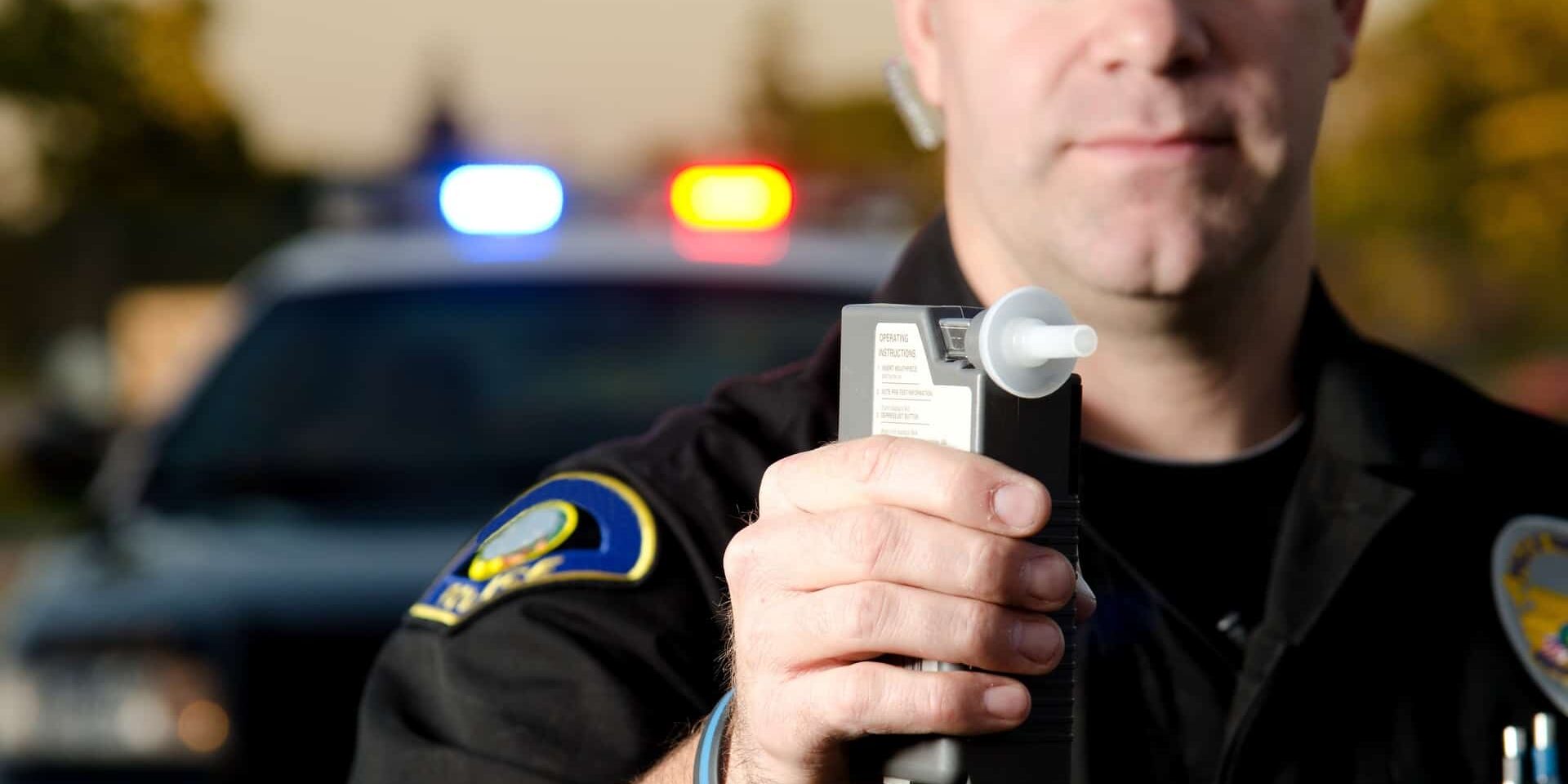Introduction
Driving under https://privatebin.net/?94b55cea197cf9d3#2qssj8ieB5zKY1ycyJ6DA3KosZKXSuzd2VHMvTFMv63a the impact (DUI) is a serious offense that can have extreme repercussions. It not only threatens the lives of the chauffeur and others on the road however also carries substantial fines, license suspensions, and even jail time. Comprehending the different DUI charges and their charges is important for anybody dealing with such charges or looking for to inform themselves about the legal implications.

In this comprehensive guide, we will explore different aspects of DUI charges, consisting of the kinds of charges, possible charges, and how to install an effective defense. Whether you are in Toronto or anywhere else worldwide, this article aims to provide valuable insights into browsing through the complex landscape of impaired driving law.
Table of Contents
Types of DUI Charges- 1.1 Newbie Offense 1.2 Repeat Offenses 1.3 Aggravated DUI Charges 1.4 Minor DUI Charges 1.5 Drug-Related DUI Charges
- 2.1 Fines and Fees 2.2 License Suspension 2.3 Ignition Interlock Devices 2.4 Compulsory Alcohol Education Programs 2.5 Probationary Periods
- 3.1 What Does a DUI Lawyer Do? 3.2 Finding the Right DUI Lawyer for Your Case 3.3 Expense Factors To Consider: How Much Does a DUI Lawyer Cost?
- 4.1 Challenging Field Sobriety Tests 4.2 Objecting To Breathalyzer Results 4.3 Questioning Police Procedures 4.4 Providing Alternative Explanations 4.5 Negotiating Plea Bargains
Commonly Asked Concerns About DUI Charges and Penalties
Conclusion
1. Types of DUI Charges
1.1 First-Time Offense
A novice DUI offense describes an individual's initial arrest and charge for driving under the impact. It typically includes blood alcohol concentration (BAC) levels above the legal limitation, which differs from jurisdiction to jurisdiction. In most locations, a BAC of 0.08% or greater is thought about illegal.
1.2 Repeat Offenses
Repeat DUI offenses take place when a person is charged with driving under the impact several times within a specific duration, usually within a few years of their previous conviction. Repeat transgressors deal with harsher penalties compared to novice offenders.
1.3 Worsened DUI Charges
Aggravated DUI charges involve additional elements that intensify the severity of the offense. These factors may consist of driving with a suspended license, causing bodily harm or death while under the impact, or having incredibly high BAC levels.
1.4 Minor DUI Charges
Underage DUI charges apply to people who are listed below the legal legal age however run a lorry while under the influence of alcohol or drugs. The legal BAC limit for underage drivers is significantly lower than for adult drivers.
1.5 Drug-Related DUI Charges
Drug-related DUI charges pertain to people who run a vehicle while impaired by unlawful compounds or prescription medications that impact their ability to drive securely. These charges often include tests carried out by drug acknowledgment experts to figure out impairment.
2. Charges for DUI Convictions
2.1 Fines and Fees
DUI convictions include considerable monetary repercussions in the kind of fines and fees enforced by the court system. The exact amount differs depending on the jurisdiction and the seriousness of the offense.
2.2 License Suspension
License suspension is a typical penalty for DUI convictions. The duration of the suspension differs based upon aspects such as prior offenses and whether the chauffeur refused chemical testing.
2.3 Ignition Interlock Devices
In some cases, individuals founded guilty of DUI might be needed to set up an ignition interlock device (IID) in their automobile. This gadget determines the driver's BAC before allowing the car to begin and might be compulsory for a fixed period.
2.4 Obligatory Alcohol Education Programs
To address the underlying problem of alcohol abuse, courts typically mandate presence in alcohol education programs for DUI wrongdoers. These programs aim to inform people about the risks of dui and provide resources for rehabilitation.
2.5 Probationary Periods
Probationary durations are common repercussions of DUI convictions. Throughout this time, offenders should adhere to particular conditions set by the court, such as going to therapy sessions, sending to random drug tests, or refraining from alcohol consumption.
3. Working With a DUI Lawyer: The Value of Legal Representation
3.1 What Does a DUI Lawyer Do?
A DUI lawyer specializes in protecting individuals charged with impaired driving offenses. They navigate intricate legal procedures, analyze proof, challenge defective breathalyzer outcomes, negotiate plea bargains, and represent their customers in court.

3.2 Finding the Right DUI Lawyer for Your Case
When facing DUI charges, discovering the ideal lawyer is important to ensure efficient representation. Think about elements such as experience, proficiency in impaired driving law, credibility, and success rate when choosing a lawyer.
3.3 Cost Factors To Consider: Just How Much Does a DUI Lawyer Cost?
The cost of hiring a DUI lawyer can vary depending on several factors, consisting of area, intricacy of the case, and lawyer experience. It is important to go over costs and payment alternatives throughout the preliminary consultation with potential lawyers.
4. Preventing DUI Charges
4.1 Challenging Field Sobriety Tests
Field sobriety tests are frequently utilized by law enforcement officers to determine problems. However, these tests can be subjective and vulnerable to error. Experienced DUI legal representatives can challenge the reliability of field sobriety test results.
4.2 Objecting to Breathalyzer Results
Breathalyzer tests are frequently trusted as evidence in DUI cases. However, these devices can malfunction or supply unreliable readings if not effectively preserved or administered. An educated DUI lawyer can challenge the credibility of breathalyzer results.
4.3 Questioning Police Procedures
DUI arrests must follow rigorous legal protocols, including possible cause and Miranda rights. If police officers breach these treatments during an arrest, a DUI lawyer can argue for the exemption of evidence or perhaps http://dui-processrpzv458.lowescouponn.com/what-you-required-to-know-about-breathalyzer-tests-in-dui-cases dismissal of charges.
4.4 Presenting Alternative Explanations
In some cases, drivers might display indications of problems due to elements besides alcohol or drugs. A skilled DUI lawyer can examine alternative explanations such as medical conditions or fatigue that might explain observed behaviors.
4.5 Working out Plea Bargains
Depending on the situations surrounding the case, a DUI lawyer might check out the option of negotiating a plea bargain with the prosecution. This could lead to decreased charges or lower charges for the defendant.
5. Frequently Asked Concerns About DUI Charges and Penalties
Q: What must I do if I am charged with a DUI?- A: If you are charged with a DUI, it is important to seek legal representation immediately and avoid making any statements without your legal representative present.
- A: The length of license suspension varies depending on elements such as prior convictions and refusal to submit to chemical testing. It is best to talk to a DUI lawyer for precise details specific to your case.
- A: While it is legally possible to represent yourself, DUI cases are complex and need customized understanding of impaired driving laws. Working with a competent DUI lawyer significantly increases your possibilities of getting a beneficial outcome.
- A: In numerous jurisdictions, DUI convictions remain on your record permanently. However, some states provide choices for expungement or sealing of records under particular circumstances.
- A: Refusing to take a breathalyzer test can have extreme effects, such as automatic license suspension or increased penalties. The particular ramifications vary depending upon local laws.
- A: Worsened DUI charges typically bring more serious penalties than standard DUI charges due to extra elements such as triggering physical damage or having an exceptionally high BAC level. Penalties might consist of longer license suspensions, greater fines, and even imprisonment.
Conclusion
Navigating the world of different DUI charges and their charges can be frightening and frustrating. Comprehending the different kinds of charges, prospective consequences, and readily available defenses is vital for anyone facing impaired driving accusations. Dealing with a skilled and well-informed DUI lawyer makes sure that a person's rights are secured and increases the probability of attaining a beneficial outcome in court.
Remember, if you find yourself charged with a DUI, it is vital to speak with legal professionals who concentrate on impaired driving law. They can assist you through the process, analyze the evidence against you, difficulty questionable procedures or outcomes, and supply the very best defense possible for your unique situation.
By informing yourself about the intricacies of DUI charges and their penalties, you equip yourself with the knowledge needed to make educated decisions and secure your rights. Do not let a DUI charge define your future-- look for legal counsel, comprehend your alternatives, and install an efficient defense.